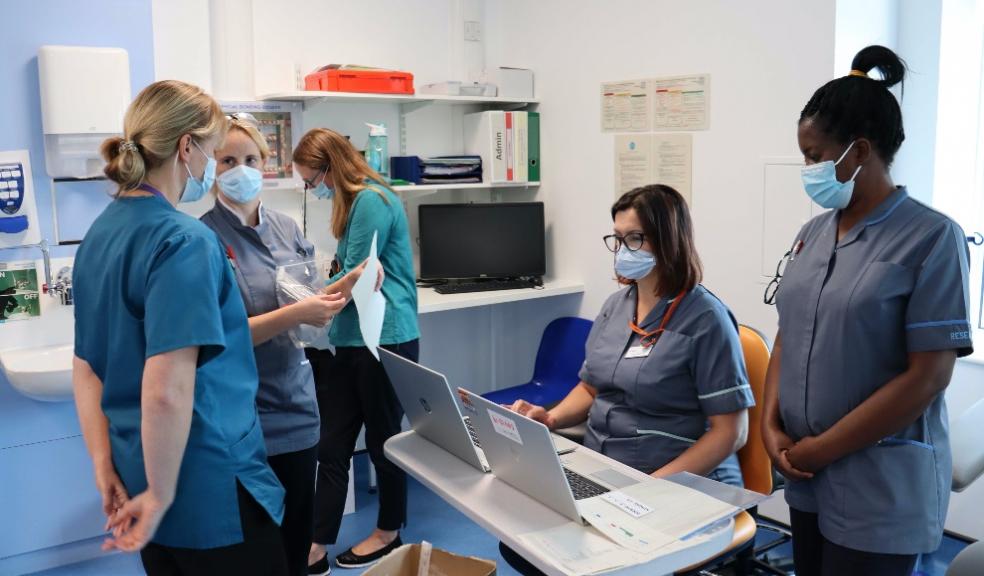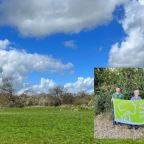
The national study mapping the COVID journey at UHP
University Hospitals Plymouth (UHP) is currently taking part in a country-wide urgent public health study to understand whether healthcare workers who have antibodies to COVID-19 are protected against future infections of the virus.
Sarscov2 Immunity and Reinfection Evaluation, or SIREN, aims to recruit 500 members of Trust staff - a number which it is fast approaching after just four weeks.
Julie Alderton, Research and Development Team Leader for SIREN at UHP, was quick to assert the importance of the study in the national context and the Trust’s commitment.
“SIREN is, as all the urgent public health studies, a major priority,” she said. “Such is the pace in which everyone has had to react to Covid-19, the study was set up very quickly by our admin team and delivery teams with little time to plan. Putting together a team of experienced staff who are used to working together to deliver each part of the process was invaluable.”
The study, funded by Public Health England (PHE) and supported by the National Institute of Health Research (NIHR), works by regularly testing the staff signed up, in order to reduce the risk of health care workers transmitting the virus to other staff and patients. Having staff commit to the full 12 to 18 months of the trial is imperative to its success. The commitment for participants involves regular blood samples and nasal swabs every fortnight, though it is anticipated that the frequency of testing will reduce to monthly as the trial progresses.
Julie has been overwhelmed at the reception to the study. She said, “Our colleagues at UHP make up an amazing team. From those willing to participate we’ve attracted comments about how having regular testing ensures they feel reassured on their COVID status. Our #1BigTeam always seems to pull out the stops when asked to help out when needed and I have every confidence that we will meet the target of 500 members of staff for SIREN.”
“We are actually seeing individual results very quickly and the staff are informed of them at each visit. As the trial is still in its infancy, it is too early to know any national results as yet and use any comparisons,” she added.
“We have been open for just over four weeks and we have approximately 420 participants. This is a fantastic achievement by the whole Trust,” said Gary Minto, Director of Research and Development at UHP.
“The phlebotomy service has helped enormously and the administration around recruitment and management of the diary has been significant. Julie’s team have fine-tuned the admin process so it is working well. I am very proud of all the work gone into the study so far by all involved,” he added.
And, once the 500 target is reached, the challenge is to keep all those people in the study. “We know it is a big ask for staff come and be regularly tested,” said Gary. “But we will be trying to promote the altruistic work that staff are doing by staying involved. Julie has come up with a slogan that I really like ‘Keep the 500’.
“Of course this is a big commitment, by staff and by their departments who allow them to take part, but it is also a great way for us to try to reduce asymptomatic transmission of the virus to our patients, and to hopefully avoid a second wave.”
If you are a member of staff interested in joining the study, please read the Participant Information Sheet (PIS) here, and contact 01752 439101 to arrange access to the electronic participant questionnaire and consent form. You can also access the NIHR website for more information www.crn.nihr.ac.uk/swpeninsula











